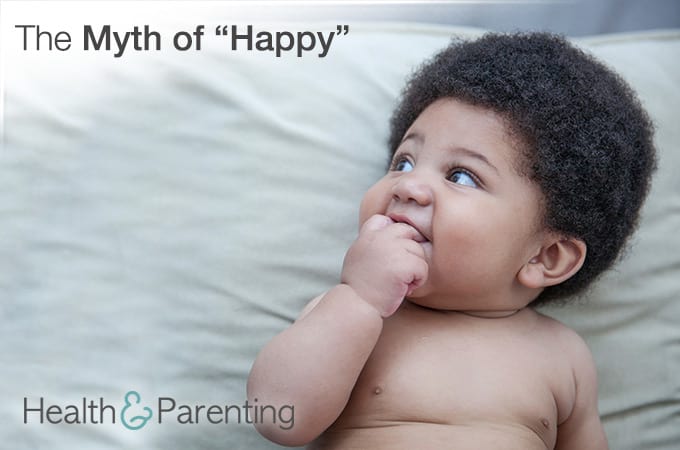As parents, it is only natural to want our children to grow up feeling happy and loved. And we can all put a great deal of pressure on ourselves in an attempt to force that outcome. But the truth is, no one is ever happy all of the time. And as loved as your kids may feel in your presence, they will hit bumps along the way that will cause disappointment and sadness.
That’s okay. In fact, it’s a good thing.
Plenty of parents will try to insulate their children from disappointment. They will try to manufacture happiness when life gets tough, arranging elaborate vacations, buying coveted toys, or bringing home a puppy to cheer up a sad little boy or girl. The instinct is natural—we’ve all been there—but the result isn’t ideal.
Kids who are forever protected from their own challenges and disappointments are kids who grow into adults unsure of how to face the world. You simply cannot always protect your children, particularly once they’ve reached adult age. You can’t keep them from ever feeling anything but happy.
But you can help them to grow into empowered and self-sufficient individuals who know how to deal with heartache when life smacks them around a bit.
That starts with not helicoptering. Resist the urge to swoop in and save the day every time your child seems to be approaching a precarious situation. Yes, in these early years, of course you want to protect your child from any actual harm—don’t ever let them play near a swimming pool or busy street unsupervised. But maybe don’t try to mediate a fight that breaks out with another toddler over a toy. And perhaps don’t give in to tears just because your child is whining for something you know they shouldn’t have.
Part of growing up is learning how to work well with others, and more importantly, how to deal with disappointment. Your kids won’t make every team. They won’t bring home straight A’s every time. They won’t be the star of every play or the favorite of every teacher.
And you can’t (or at least shouldn’t) manipulate the world around them so that they can be.
Let your kids fall. Let them cry. Let them feel hurt and disappointment. And then guide them in how to best navigate those feelings; how to grieve, and how to brush themselves off and start over.
Life is hard. Happiness is not a constant state of being. And you can only protect your children so much.
By allowing them to feel sadness today, you are better preparing them for dealing with it tomorrow.
Written by Leah Campbell, infertility advocate, adoptive mama, writer and editor. Find me @sifinalaska on Twitter.
This information is not intended to replace the advice of a trained medical doctor. Health & Parenting Ltd disclaims any liability for the decisions you make based on this information, which is provided to you on a general informational basis only and not as a substitute for personalized medical advice. All contents copyright Health & Parenting Ltd 2016. All rights reserved.










